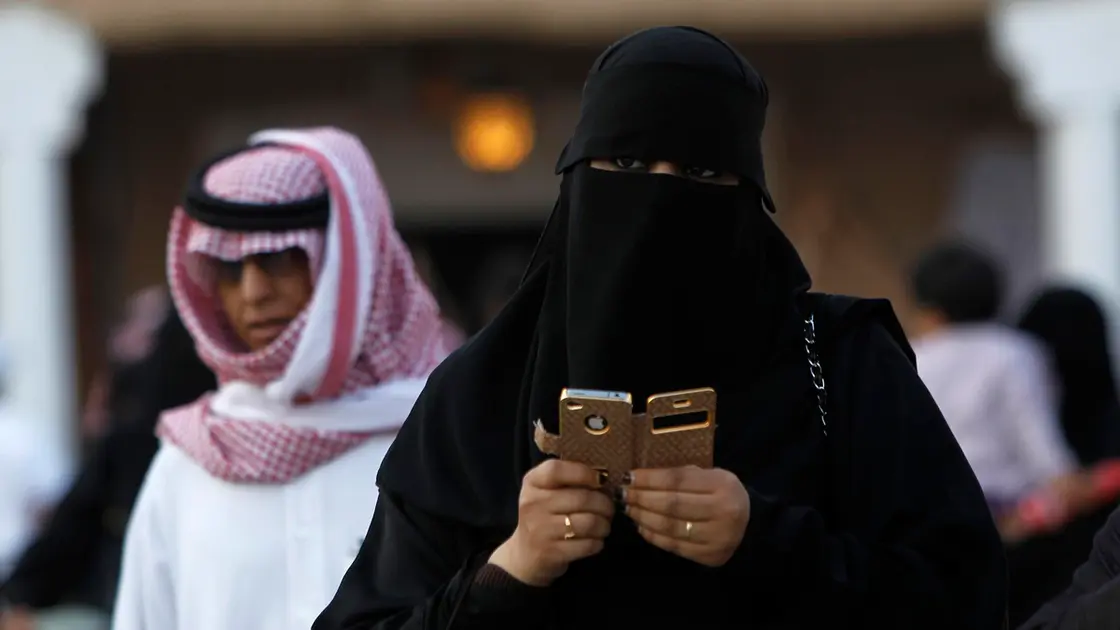The Internet Governance Forum (IGF) is an annual event organized by the United Nations, convening more than 160 countries and featuring over 1,000 speakers consisting of global experts and specialists. This extensive gathering features 300 sessions and workshops, awards, and five-day collaborative agreements. The overarching goal is to foster the exchange of expertise, success stories, and best practices addressing public policy issues concerning the Internet. The forum seeks to shape the Internet’s and technology’s future, aspiring to create a secure digital landscape accessible to all. However, the United Nations’ recent decision to select Riyadh, Saudi Arabia, as the host for the 19th edition in 2024 is not just misguided; it’s a profoundly concerning endorsement of a regime with a blatant disregard for fundamental human rights and freedom of expression.
On the surface, the choice might seem to acknowledge Saudi Arabia’s purported efforts to advance digital inclusion and bridge the global digital divide. However, this decision overlooks the harsh reality on the ground—a reality marred by systemic oppression, censorship, and severe human rights violations perpetrated by the Saudi government. Saudi Arabia has a documented history of silencing dissenters, persecuting activists, and trampling upon basic human rights. The regime employs a wide array of oppressive tactics, from surveillance and censorship to detention, torture, and even extrajudicial killings, all aimed at stifling any form of dissent or criticism against the government.
Behind the veil of progress propagated by Saudi authorities regarding digital development is overshadowed by the truth—a truth stained by the blood of individuals like Mohammed al-Ghamdi, a retired teacher sentenced to death for expressing peaceful opinions on social media. His case is not isolated; it’s only an example of the regime’s crackdown on freedom of expression. Al-Ghamdi’s tweets, focusing on socio-economic issues and advocating for political prisoners, were distorted into false accusations of supporting terrorism, revealing the government’s egregious manipulation of laws to silence dissent.
Moreover, the murder of journalist Jamal Khashoggi illustrates the Saudi government’s contempt for free speech. Khashoggi’s tragic fate, his targeted cyber-surveillance by Saudi authorities, and the lack of justice even after five years speak volumes about the situation facing journalists and activists within Saudi Arabia. Further, the case of Pegasus, an Israeli software capable of infiltrating and taking control over almost any device, deepens the complexity of this situation. Saudi Arabia and the United Arab Emirates (UAE) have extensively employed Pegasus to monitor their citizens, especially those critical of their respective governments. Notably, Saudi authorities haven’t limited their use of Pegasus to domestic surveillance; they’ve also used it to spy on high-ranking politicians from other nations.
Saudi Arabia’s online space has become a battleground where the regime ruthlessly suppresses any semblance of free speech. The government’s utilization of spyware and cyber-surveillance to track, censor, and intimidate journalists and dissidents—both within the country and in exile—is abhorrent. The mere act of posting critical tweets can lead to arbitrary arrests and severe punishments under Saudi Arabia’s Anti-Cybercrime and Counter-Terrorism Laws.
The decision to host the IGF in Saudi Arabia sends a distressing message—one that undermines the core essence of this global forum. The IGF, a platform designed to facilitate discussions on internet governance, cannot thrive in an environment that excludes or endangers the voices of civil society. Hence, it’s not merely advisable but imperative to reverse this decision. Allowing Saudi Arabia to host such a crucial international gathering is a betrayal of the principles the IGF stands for. The international community must take a stand against this injustice and demand a relocation of the IGF to a venue that genuinely honors and upholds the values of freedom, inclusivity, and universal human rights for all participants.

